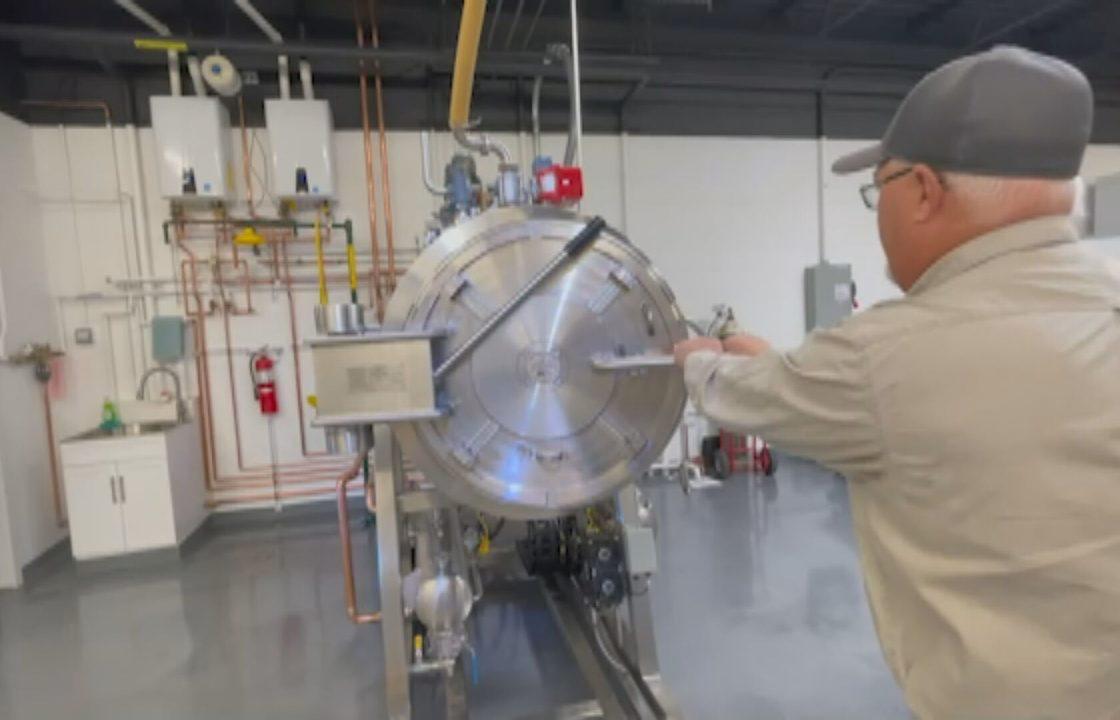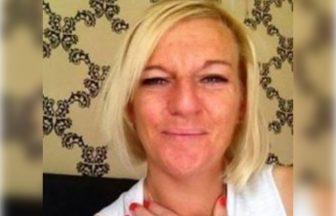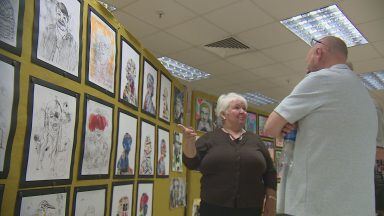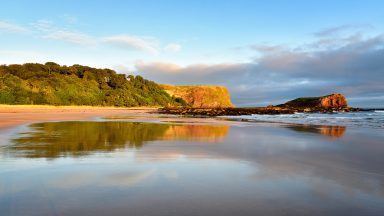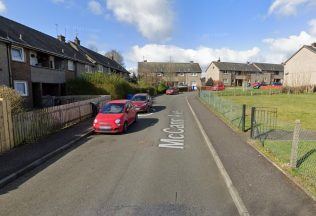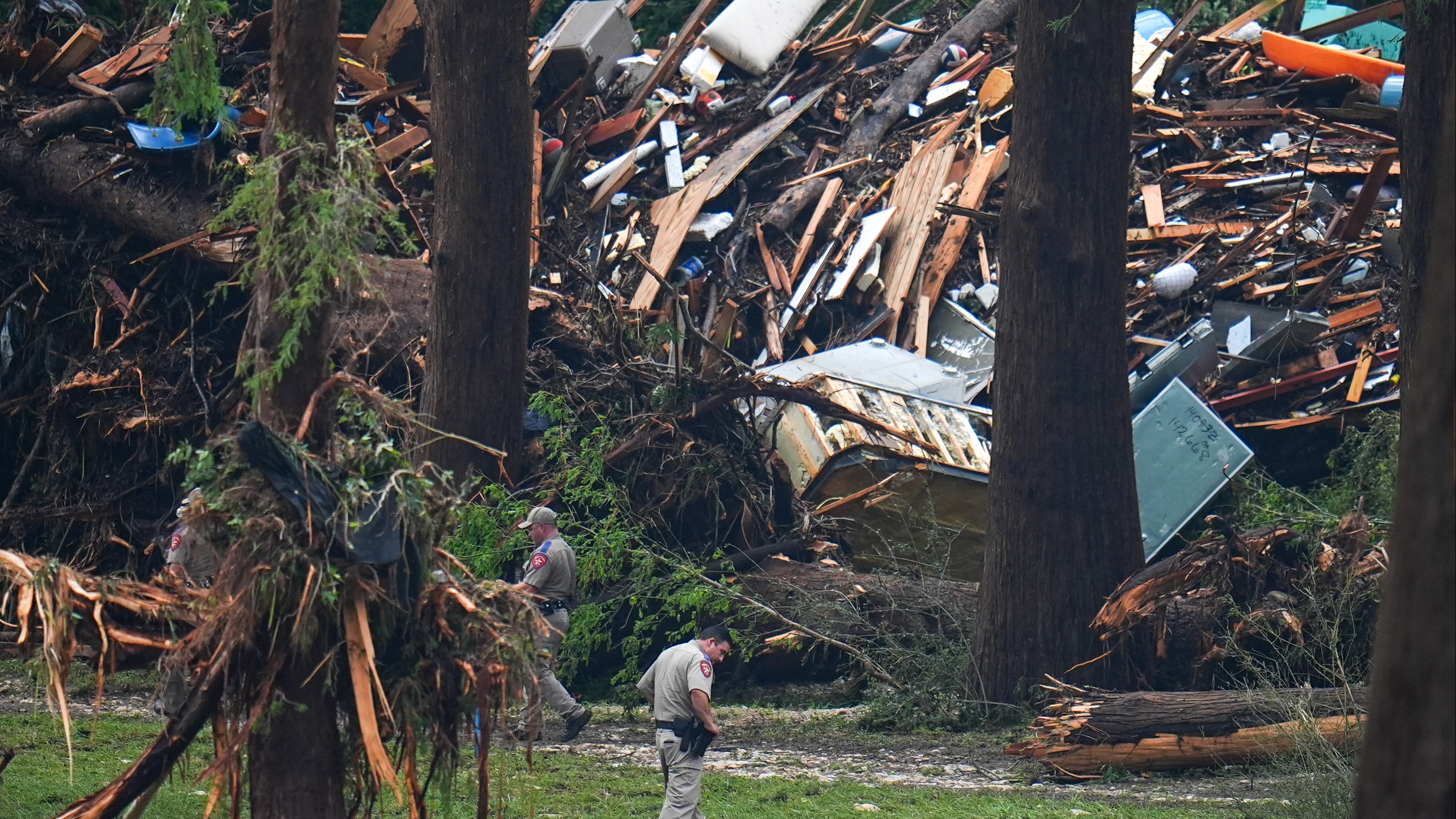Water cremations could soon be offered in Scotland as an eco-friendly alternative to traditional cremations and burials.
The process, known as alkaline hydrolysis, is already popular across the world in countries like Ireland, Canada and the USA.
The process involves placing the body in a vat of high pressurised cylinder with water and potassium hydroxide for up to six hours, which leaves behind bones and minerals that can be turned to ashes and placed in an urn.
“It’s much more environmentally friendly,” public health minister Jenni Minto told STV News, “You use less power in the process and there’s no carbon going into the atmosphere. Families will still get ashes.”
The consultation closes on November 17 and is part of wider plans to regulate the funeral sector in Scotland.
“This follows on from the 2016 Act we brought in around burials,” said Minto. “During the consultation for that we looked at other options. It was felt that the public wanted other options. The time is right to look at regulation,” she added.
The majority of the machines for water cremation, or aquamation as it’s also known, are made in the USA by Bio-Response solutions in Indiana.
Samantha Sieber, the company’s vice president of research told STV News the process has been around for years but was previously used only for pets. It’s now become more popular for humans and they’re expanding all over the world,
“We started off selling a few (machines) a year, and now it’s selling one a week or so. It’s definitely taking off,” she said.
“What we’re seeing with consumers is when they’re given the choice, they choose aquamation. “
“The reasons are very personal, sometimes it’s a story about how dad loved water and fishing. So this seemed like a better choice. Or people who’ve recycled all their lives and are trying to make the best eco-conscious decision of their lives.”
Ms Sieber says they’ve faced some backlash from the Catholic Church in different states across the US, but since Archbishop Desmond Tutu chose a water cremation for his funeral in South Africa in 2021, the process has received less resistance and boomed in popularity.
“Sometimes there is some religious objections but we’ve been able to work through that very well,” she said.
“I’m very excited to see Scotland going to the public on this. And its the right place to start, these laws should serve families and if families want this it should be available.”
Follow STV News on WhatsApp
Scan the QR code on your mobile device for all the latest news from around the country


